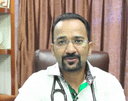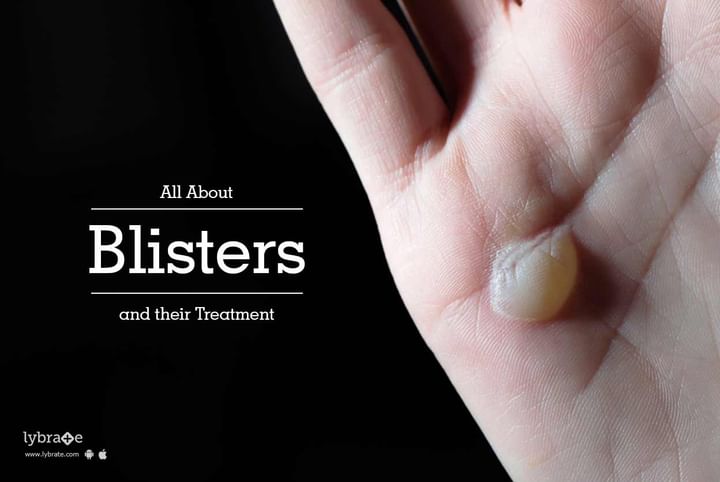All About Blisters and their Treatment
Blisters can be a very major inconvenience. Though it seems to be a good idea to pop a blister yourself as it can otherwise cause distraction or may be uncomfortable and unsightly, puncturing it often does more harm than good. Here are a few ways mentioned about how to treat blisters. Read on more to find out all about it.
1. For a Blister which has not popped
a) Try not to pop the blister as the pus if spread can affect other areas
b) Leave the blister uncovered or cover it with a loose bandage
c) Avoid putting pressure on the area of the blister. If the blister has appeared in areas where applying pressure is unavoidable like for example at the bottom of the foot, put mole skin around the blister in a circular fashion such that the mole skin gets the shape of a donut.
2. For a blister which has been popped
a) Wash the area where the blister appeared gently with warm water. Apply gentle soap in the area as well to disinfect the region. Do not by any chance use alcohol, hydrogen peroxide or iodine in the area as it would cause complications.
b) Smooth down the skin flap which remains after the blister pops.
c) Apply antibiotic ointment in the affected area to prevent infections
d) Cover the region loosely with help of a sterile bandage or gauge.
3. When to drain a blister
a) For blisters which are painful, large or in awkward spots, it is better to drain them. Be careful and cautious while draining the blister and follow the below mentioned tips.
b) Wash the area where the blister has appeared.
c) Take a needle and sterilize it with alcohol and water.
d) Make an incision at the edge of the blister and carefully squeeze out the pus.
e) Wash the blister again and pat dry. Do not remove the skin flap which remains there after draining.
f) Smoothen the skin flap and apply antibiotic ointment in the region.
g) Wrap it up with a loose sterile bandage or gauge.
4. Follow up
a) Change the bandage on a regular basis, whenever it is wet or dirty.
b) Consult a doctor immediately if signs of infections like red streaks around the affected region, fever, or accumulation of more pus occur.
However, for blisters which have formed due to spider bites, chicken pox or such consult a doctor first.



+1.svg)
